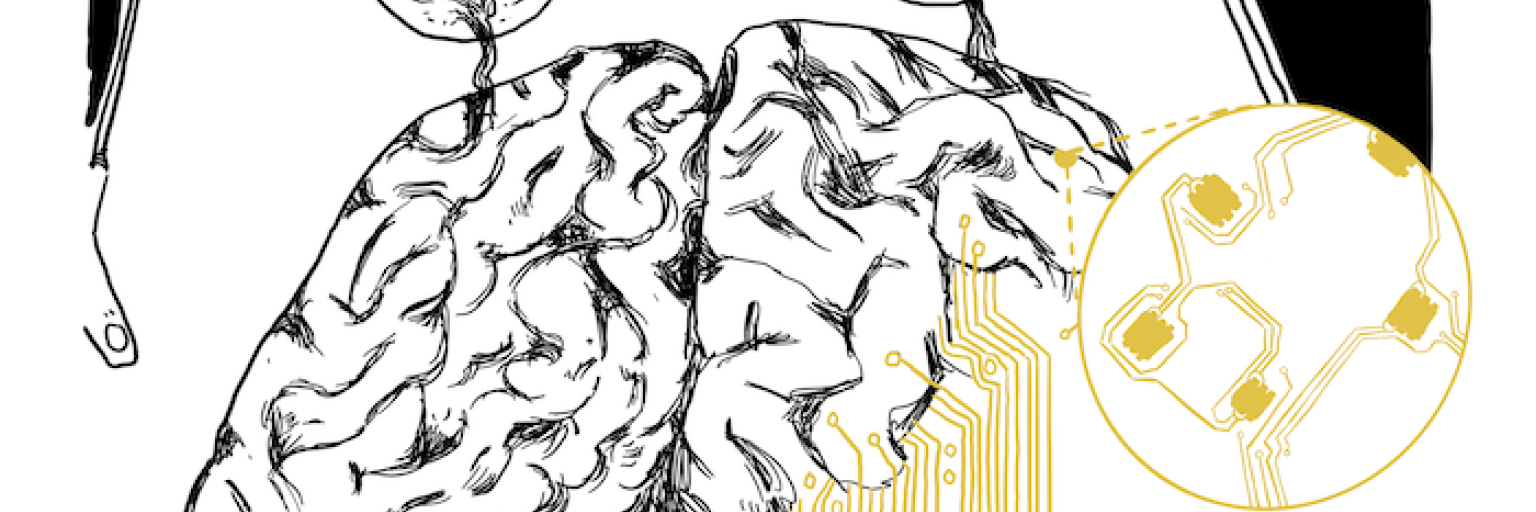Computational Neuroscience
The University of Oregon's Computational Neuroscience research is highly collaborative, and trainees often receive shared supervision between computational and experimental labs on joint projects. Our group aims to understand how the collective activity of large networks of neurons leads to the emergence of cognitive function and behavior, how information processing in the brain arises through learning and plasticity, and how it is modulated by context and behavioral states. To model information processing in the brain, we employ a combination of mathematical approaches from theoretical physics and applied mathematics, together with brain-inspired artificial intelligence models used to emulate the complex ways in which neural circuits learn and represent information. We also develop and deploy new machine learning tools to analyze large neural datasets recorded from behaving animals. In collaboration with experimental labs at the University of Oregon and other institutions around the world, we design new experiments to test models and develop theories of brain function, cognition and learning.
| Name | Department | Research Interest | Accepting grads |
|---|---|---|---|
| Felix Deku | Knight Campus | Microelectrodes development and clinical translation | |
| Tim Gardner | Knight Campus, Physics | Sensory motor learning and neural interface development | ✔ |
| Santiago Jaramillo | Biology | Auditory cognition, behavioral flexibility and predictive processing | ✔ |
| Shawn Lockery | Biology | Neurogenetic basis of decision making | |
| Luca Mazzucato | Biology, Math, Physics | Computational neuroscience, Artificial Intelligence | ✔ |
| David McCormick | Biology | Cortical neural circuits of behavior and attention | ✔ |
| James Murray | Biology, Math | Theoretical and computational neuroscience | ✔ |
| Cristopher Niell | Biology | Neural circuits for natural vision | ✔ |
| Michael Wehr | Psychology | Neural computation in auditory circuits | ✔ |

